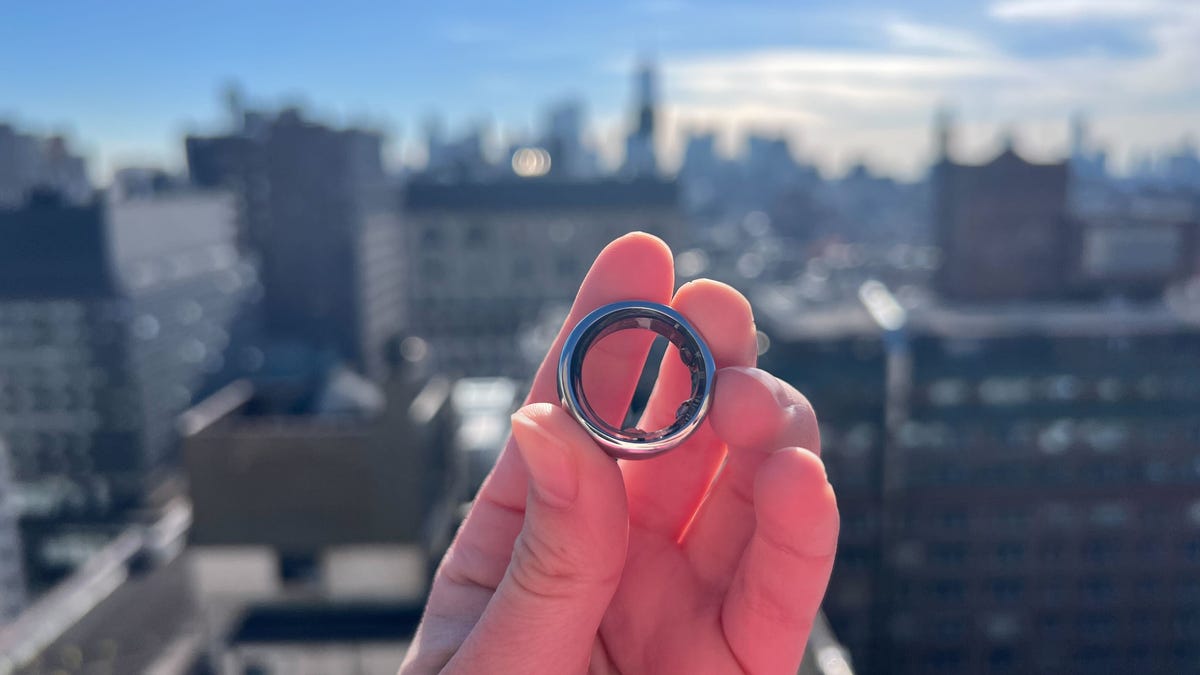联邦人员黑掉了LockBit,但LockBit又死灰复燃接下来会发生什么?| ENBLE
经过多年的计划和一次重大执法行动,总部位于俄罗斯的臭名昭著的LockBit勒索软件组织已经被下线,此次行动发生几天后
“`html
LockBit Ransomware Group Strikes Back After Law Enforcement Takedown: Is This the End or Just the Beginning? 😱💻
Days after being knocked offline by a massive and well-coordinated law enforcement operation, the notorious Russia-based LockBit ransomware group has made a bold return to the dark web. With a new leak site and a list of new victims, they’re clearly not backing down. But how did they manage to bounce back so quickly? And what does this mean for the ongoing battle between law enforcement and cybercriminals?
The Rise and Fall of Operation Cronos 🌍⚔️
Last week, LockBit found itself in the crosshairs of a global law enforcement effort known as “Operation Cronos.” This operation successfully hijacked the ransomware gang’s infrastructure, leading to the takedown of 34 servers across Europe, the U.K., and the U.S., as well as the arrests of two alleged LockBit members. In addition, more than 200 cryptocurrency wallets were seized.
While law enforcement agencies celebrated their victory, LockBit quickly regrouped and announced the resumption of its operations. According to the group, they were able to restore from unaffected backups, defying the government takedown. In a statement filled with bravado, the LockBit administrator even threatened retaliation against the government sector. But just how compromised are they?
LockBit: Resilient or Rebranding? 🔄🔒
The National Crime Agency (NCA), which spearheaded Operation Cronos, claims that LockBit’s systems have been completely destroyed. However, with LockBit’s bold relaunch and the revelation of new victims, it seems that reports of its demise might have been exaggerated. Ransomware gangs like LockBit are known for their ability to quickly adapt and rebrand, even after being targeted by law enforcement.
Look no further than ALPHV, also known as BlackCat, another Russia-based ransomware gang that faced a similar blow last year. After law enforcement seized their dark web leak site and released decryption keys, ALPHV shockingly “unseized” the site just days later, leaving thousands of victims with encrypted data. ALPHV’s leak site remains active to this day, with new victims added regularly.
Similar stories have played out with other ransomware gangs like Hive and Conti, who simply rebranded and reformed under different names. It’s clear that LockBit is following in their footsteps, as their recent statement revealed plans to upgrade their security, release decryptors manually, and continue their affiliate program.
The Cat-and-Mouse Game Continues 🐱🕵️♂️
As the battle between law enforcement and cybercriminals rages on, LockBit remains a thorn in their side. The apparent leader, LockBitSupp, is still at large, with the NCA teasing the revelation of his identity. U.S. law enforcement agencies have even offered a multi-million dollar reward for information leading to the identification or location of key leadership members within the LockBit gang.
But let’s face it, LockBit has proven resilient. They survived Operation Cronos and are now openly challenging law enforcement. The NCA acknowledges that LockBit will likely attempt to regroup and rebuild their systems, but they maintain that their work continues to disrupt the group. With both sides claiming victory, it’s clear that the cybercrime world and law enforcement are engaged in an ongoing cat-and-mouse game.
Q&A: What You’re Really Wondering 👀❓
Q: How did LockBit manage to restore their operations so quickly after the law enforcement takedown?
A: LockBit claims that they were able to restore from unaffected backups, allowing them to continue their activities. However, the full extent of their recovery and the effectiveness of law enforcement’s actions remain unclear.
Q: Why do ransomware gangs like LockBit continue to thrive despite law enforcement efforts?
A: Ransomware gangs are notorious for their ability to adapt and rebrand. They quickly regroup under new names and improve their tactics, making it difficult for law enforcement to completely shut them down.
Q: What can law enforcement do to combat ransomware gangs more effectively?
A: To combat ransomware gangs, law enforcement needs to focus on intelligence gathering, collaboration with international partners, and continuous technological advancements. Further efforts in disrupting their infrastructure and arresting key members are also crucial.
“““html
Q: 个人和组织可以采取什么措施来保护自己免受勒索软件攻击?
A: 定期更新软件、保持良好的网络安全卫生习惯、实施多因素身份验证以及备份数据是保护免受勒索软件攻击的必要步骤。培训员工识别钓鱼邮件和可疑链接也很重要。
LockBit 和勒索软件的未来 👁️🔮
LockBit 能够如此迅速地恢复,以及其他勒索软件团伙的业绩记录,表明该团伙远未结束。随着网络犯罪分子不断发展他们的策略,执法机构将不得不保持警惕并调整策略。对抗勒索软件的战斗是一场持续的战斗,新的威胁和挑战不断出现。
参考资料:- 为什么勒索软件团伙赚这么多钱? – 最高法院拒绝 LockBit 的披露用户数据请求 – 监管申报揭示 ABL 太空系统正在寻求新的融资 – 据称 Ring 正在调整对数据共享的警方友好立场 – 勒索软件团伙如何赚钱
记住,分享就是关怀!将这篇文章与您的朋友和同事分享,让他们了解不断演化的勒索软件世界以及对抗它的努力。💪🌐
最初发布在 ENBLE 上。
“`






